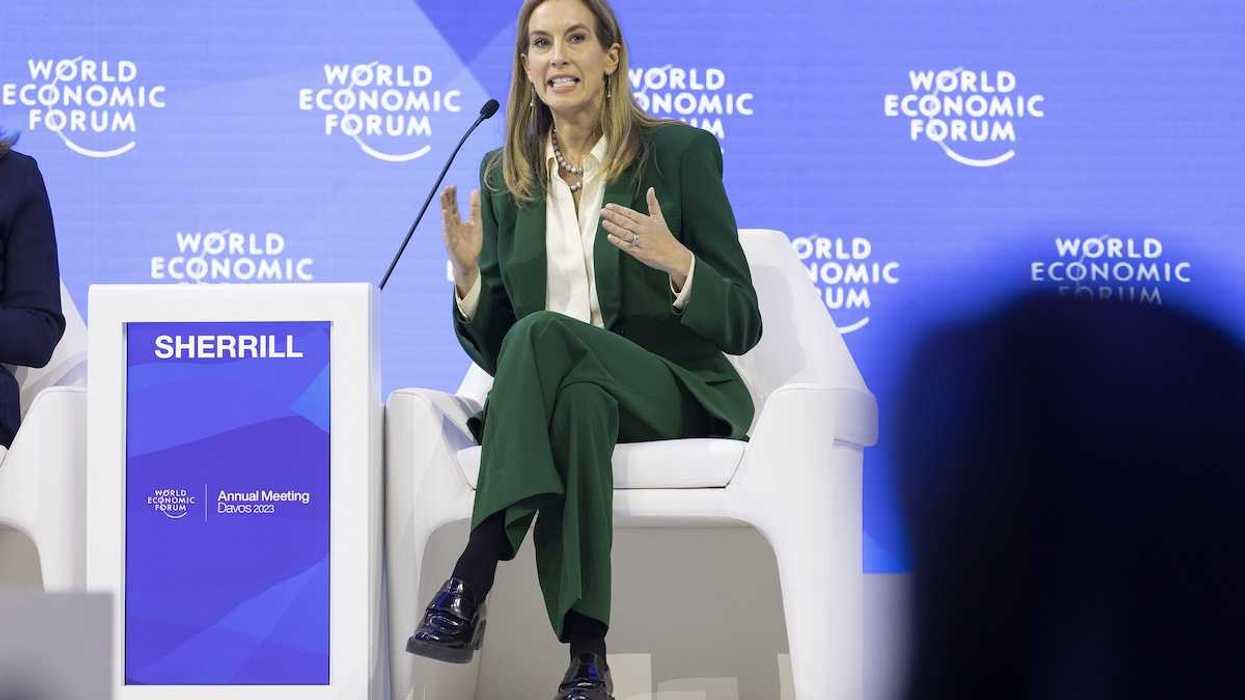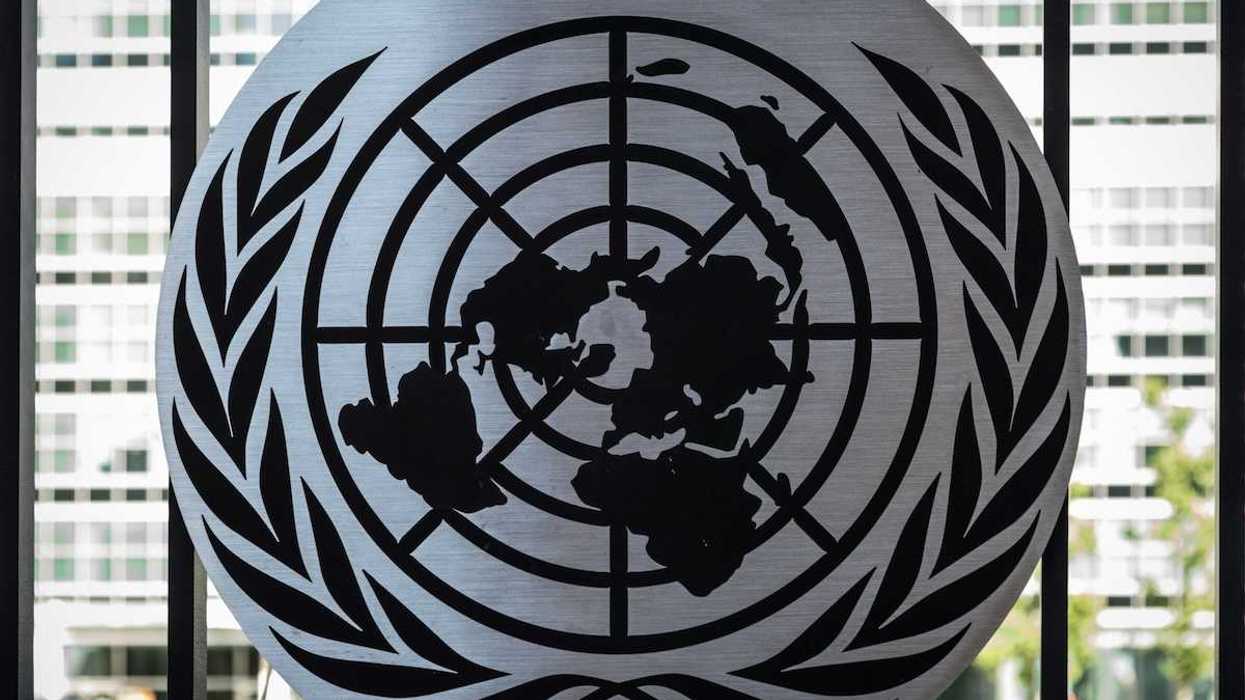Editor’s note: This is part four of a four-part series in which our special correspondent Terry Collins, Ph.D, examines what qualities of leadership are essential for ensuring that the EU’s Chemicals Strategy for Sustainability inspires trust in Europeans and the world that there can be a body of chemical products and processes we can safely live with.
Read Part 1, Part 2 and Part 3.
Our civilization needs commercial chemicals to prosper and survive. But as a chemist, I long ago arrived at a conviction — our civilization can’t last long without making a clean getaway from the endocrine-disrupting chemicals that litter today’s chemical enterprise and are harming us as seriously as climate change.
This means we must have appropriately wired people to accomplish the great escape from chemicals that are disrupting our endocrine systems. Engager is my term for that wiring. Let’s explore why this disposition is key for European Union leadership in pursuing their new chemicals strategy for sustainability.
Engager
The engager sustainability disposition moves its bearers to positive action when scientific facts demand that injustice cannot be ignored. You can detect this in talking with them. They conduct their own scholarship rather than parrot rumors. They follow up where possible by acquainting and allying themselves with the sources of the information. They have fidelity to scientific data and justice, and can tune out the outside noise.
People with the engager disposition cannot ignore the social and environmental justice issues, especially the ability of endocrine-disrupting chemicals to adversely impact families for generations after an incumbent generation has been exposed.
But like all powerful organisms, the modern chemical enterprise possesses a healthy immune system and resists the efforts of engagers. Think of the previous sustainability dispositions I’ve written about and where their bearers turn up — the executives, PR spin doctors, faux experts, lobbyists and trade association operatives.
"But like all powerful organisms, the modern chemical enterprise possesses a healthy immune system and resists the efforts of engagers."
In academia, especially American academia, researchers are scared to lose research funding by embracing controversy — and this dread intimidates folks from adopting the engager disposition.
While great engager-bearing sustainability scholars can be found in many academic institutions, academic administrations are often sustainability incompetent. They measure their progress in the technical advances of their faculty and students, development gifts, constructions, and, admirably, social justice reforms. Too many academic administrators are sleepwalking through flattering trustee meetings and cheerful college functions while being largely unresponsive to the calls of sustainability. They ignore the most vital of all academic domains where human ingenuity can best honor the gift of life and build transgenerational justice that is the measure of a civilization’s sustainability competence.
In our unsustainable world, academia could instead adopt a collective engager disposition to better honor its duty to seek and act on the truth that might set our civilization free.
Engager influence grows

I have come wearily to this judgment with chemical sustainability matters; only engagers have the assets of disposition, character and intellect to matter. This typically also means that engagers have had to look outside the system they are hoping to change for support at every level.
In my experience with many engagers, they each possess remarkable intellectual and creative function, an open mind with advanced natural abilities that deftly process abstract thought while keeping political thought in perspective. Engager bearers are prepared to risk their professional and even personal security when the situation calls for it to reject the status quo when it makes no sense to them in science or in justice.
This places a heavy burden and responsibility upon the individuals with engager dispositions. But to borrow phrasing from Martin Luther King Jr., the arc of the chemical future bends toward their solutions.
Fortunately, engager bearer numbers are growing, as is their influence. The birthing of the EU’s Chemicals Strategy for Sustainability, which explicitly incorporates both endocrinological science and the promise of funding for necessary innovations in safe and sustainable chemistry, is likely to accelerate those trends. As companies learn that their sustainability efforts are rewarded by the market for safer products, while their old, unsustainable chemicals are punished, the acceleration will be enhanced.
It’s depends on us, not the chemicals
In the end, whether we survive the threats of endocrine-disrupting chemicals or succumb to their perils depends on us, not on the chemicals. Escaping these chemicals owns the center of the ethical stage of the chemical enterprise. The more Europe’s leaders of the Chemicals Strategy for Sustainability actualization stay focused on their ethical duty to protect the future from the money-first present, the more successful the strategy and our civilization will be.
Engager bearers inspire me. The responsible engager heroes include not only spectacular scientists who are often Socratic visionaries, but an indubitable Gandalf (Pete Myers), journalists, authors, policy advocates, congresspeople and parliamentarians, students, institutional officials, and, occasionally, regulators.
The galvanized brilliance of engager researchers and communicators heartens me to believe that European civilization will indeed batter its weary way through the industrial endocrine-disrupting chemical defenses to a sustainable future.
- Endocrine disruptors in Europe: Nineteen "experts" are polluting the debate ›
- EU Parliament on endocrine-disrupting compounds: Time to act ›
- The dangers of opinion masquerading as fact in science journals: Jerrold J. Heindel ›
- Op-ed: Why is the chemical industry pitting public health against economic growth? - EHN ›


















